This is part six in the series “Arabs Say…” featuring Arabic speakers from around the Arab world who gives their views on their language and how it is used today. Of course, we should keep in mind that these are personal views and do not represent the views of everyone in their countries. Still, we can learn a lot about the overall linguistic situation and some commonalities and regional differences.
- Darija: قرعة ; English: bottle ; MSA: قنينة.
- Darija: الحانوت ; English: store ; MSA: دكان/متجر.
- Darija: عافاك ; English: please ; MSA: أرجوك/لو سمحت

- Darija: قرعة ; English: bottle ; MSA: قنينة.
- Darija: الحانوت ; English: store ; MSA: دكان/متجر.
- Darija: عافاك ; English: please ; MSA: أرجوك/لو سمحت

Also, (كروسة) means "carriage." Most of the other Arab countries cannot understand it.
And (فيجطة) that means a "party." It has a root from Latin (festa). Only Tunisians, Algerians, and Moroccans can understand this word.

Also, (كروسة) means "carriage." Most of the other Arab countries cannot understand it.
And (فيجطة) that means a "party." It has a root from Latin (festa). Only Tunisians, Algerians, and Moroccans can understand this word.



We also say, "انا عايز" instead of "انا اريد" in MSA. In English it is "I want". We say, "ليه" instead of "لماذا" in MSA. It is "why" in English.

We also say, "انا عايز" instead of "انا اريد" in MSA. In English it is "I want". We say, "ليه" instead of "لماذا" in MSA. It is "why" in English.







قريدس Shrimps جمبري
أرضي شوكة Artichoke خرشوف
بندورة Tomato طماطم
خبز Bread عيش
ليمون Orange برتقال
حامض Lemon ليمون
حليب Milk لبن
لبن Yogurt لبن زبادي
برداية Curtain ستارة
ناطور Guardian حارس
(* The translation in Arabic is mostly the words used by Arabs in countries such as Saudi Arabia.)

قريدس Shrimps جمبري
أرضي شوكة Artichoke خرشوف
بندورة Tomato طماطم
خبز Bread عيش
ليمون Orange برتقال
حامض Lemon ليمون
حليب Milk لبن
لبن Yogurt لبن زبادي
برداية Curtain ستارة
ناطور Guardian حارس
(* The translation in Arabic is mostly the words used by Arabs in countries such as Saudi Arabia.)

1. "شّرشف" Charchaf; EN: coverlet; MSA: غطاء، لحاف
2. "شّنق" Chanak; EN: dish; MSA: صحن، طبق
3. "قَحِّط" Kahhet; EN: go away; MSA: اغرب عن وجهي، اذهب من هنا
4. "طَفران" Tafran; EN: poor; MSA: فقير
5. "جفت" Jift; EN: shotgun; MSA: بندقية
6. "الهفا" Alhafa; EN: doom, death; MSA: الموت، الحتف
7. "كَدَع" Gada'a; EN: Hero, brave; MSA: بطل، شجاع

1. "شّرشف" Charchaf; EN: coverlet; MSA: غطاء، لحاف
2. "شّنق" Chanak; EN: dish; MSA: صحن، طبق
3. "قَحِّط" Kahhet; EN: go away; MSA: اغرب عن وجهي، اذهب من هنا
4. "طَفران" Tafran; EN: poor; MSA: فقير
5. "جفت" Jift; EN: shotgun; MSA: بندقية
6. "الهفا" Alhafa; EN: doom, death; MSA: الموت، الحتف
7. "كَدَع" Gada'a; EN: Hero, brave; MSA: بطل، شجاع



The word (صفرية) means (قدر الطبخ); in English it’s cooking pot.
The word (خواهر) means (حار و رطب); in English it’s hot and humid.
The word (عريشة) means (مبنى محاط بالسعف); in English it’s a building surrounded by palm tree leaves.

The word (صفرية) means (قدر الطبخ); in English it’s cooking pot.
The word (خواهر) means (حار و رطب); in English it’s hot and humid.
The word (عريشة) means (مبنى محاط بالسعف); in English it’s a building surrounded by palm tree leaves.

In Omani dialect we say: حال موه انته معصب؟
In MSA it's: لماذا أنت غاضب؟
It means in English: Why are you angry?
In Omani dialect we say: كيفش، موه علومش؟
In MSA it's: كيف حالك، هل أنت بخير؟
It means in English: How are you, are you doing fine?

In Omani dialect we say: حال موه انته معصب؟
In MSA it's: لماذا أنت غاضب؟
It means in English: Why are you angry?
In Omani dialect we say: كيفش، موه علومش؟
In MSA it's: كيف حالك، هل أنت بخير؟
It means in English: How are you, are you doing fine?

Arab speakers often find certain words in different dialects amusing or difficult to understand due to unique vocabulary influenced by local languages and cultures. Moroccan Arabic includes words from French and Berber, Tunisian Arabic has Italian and Latin influences, and Sudanese Arabic incorporates unique local terms. Egyptian Arabic is distinct with colloquial phrases that differ from MSA, and Palestinian Arabic has special expressions not found elsewhere. Jordanian Arabic includes words with unique meanings, and Lebanese Arabic mixes French and local variations. Syrian Arabic has distinct vocabulary for everyday items, Iraqi Arabic includes Turkish and Persian influences, and Saudi Arabic features unique terms for common objects. Omani Arabic, with its unique phrasing and vocabulary, can be particularly challenging for speakers from other Gulf countries.

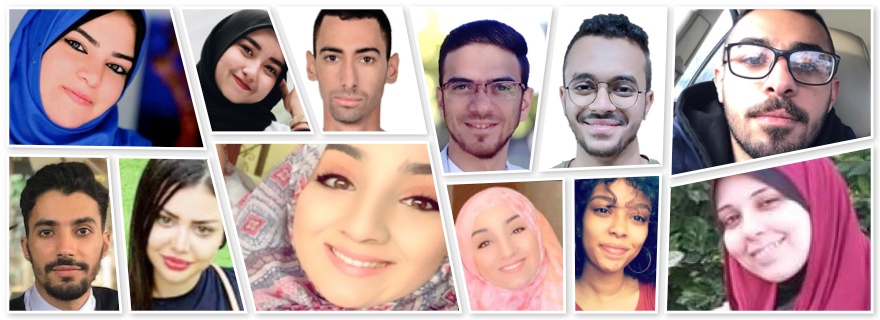
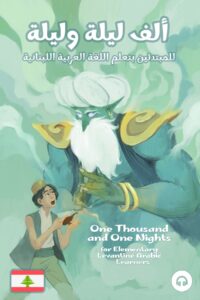
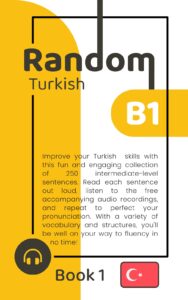
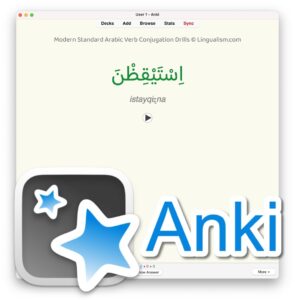
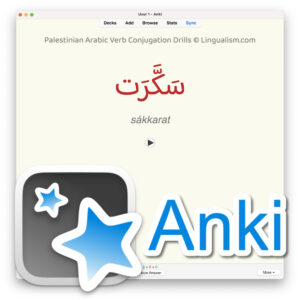
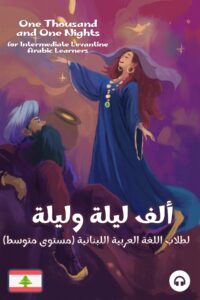
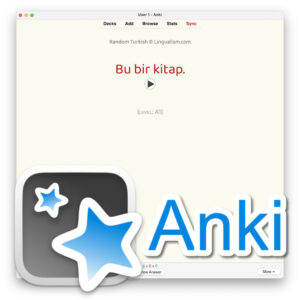
شكرا!
These are always interesting. I can remember one time I was watching al-Jazeera or al-Arabiyah or something, on a Saturday, and they had one of those documentary/”life in the Middle East” specialty-type programs on. The subject of this particular episode was olive growers in Morocco, and I distinctly remember them having to add fusHa subtitles to the broadcast because the dialect would have confused other viewers.